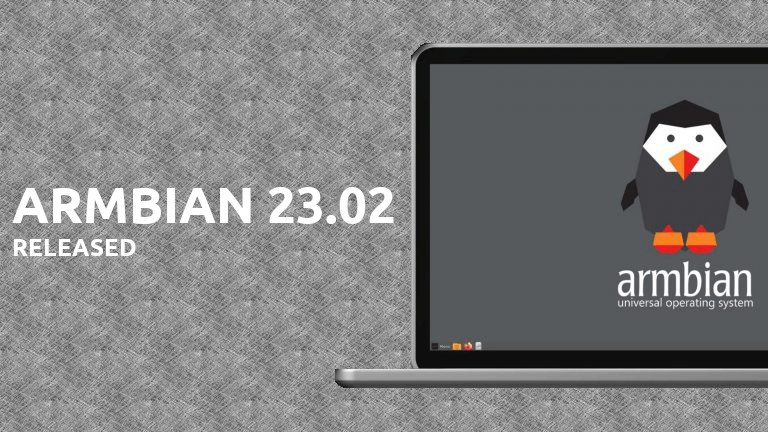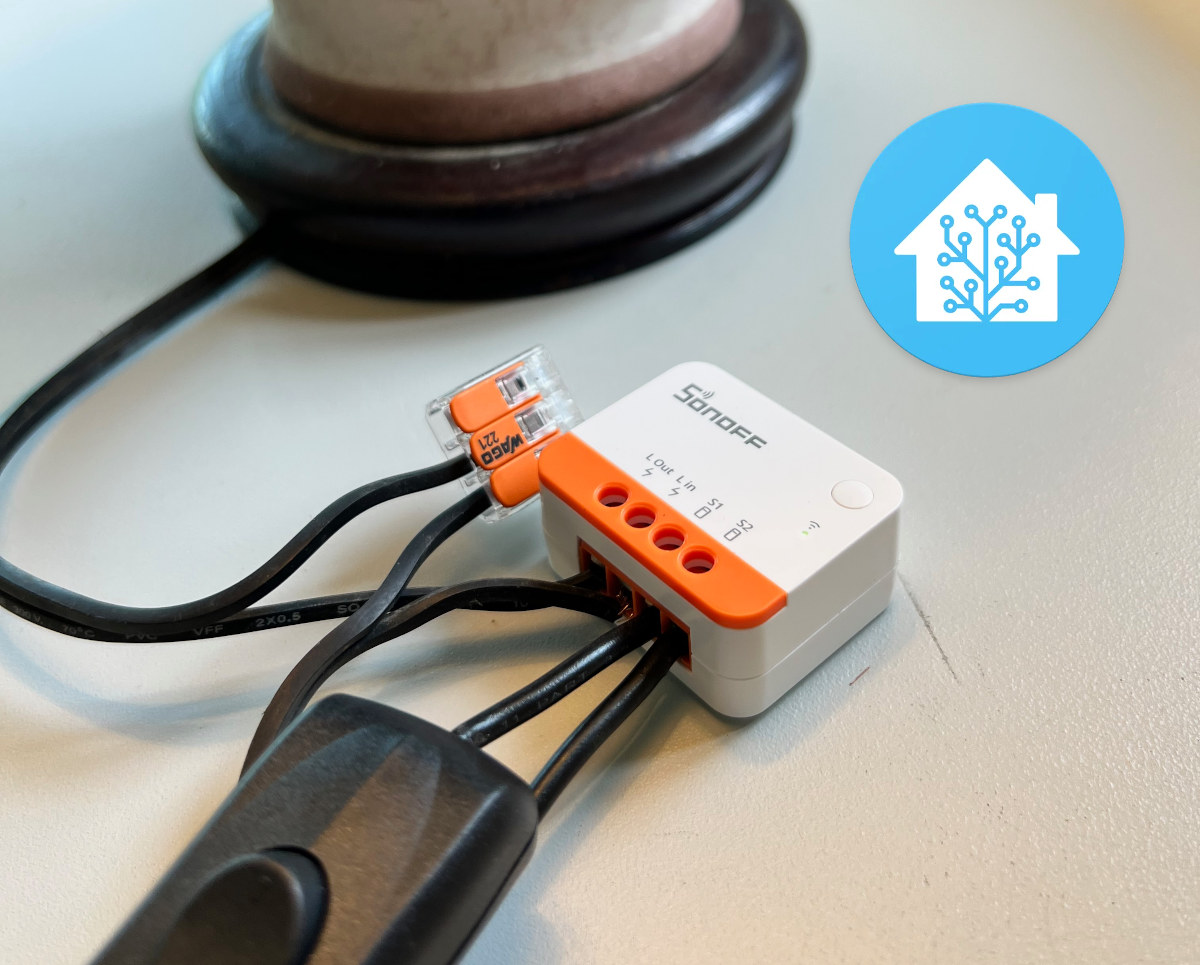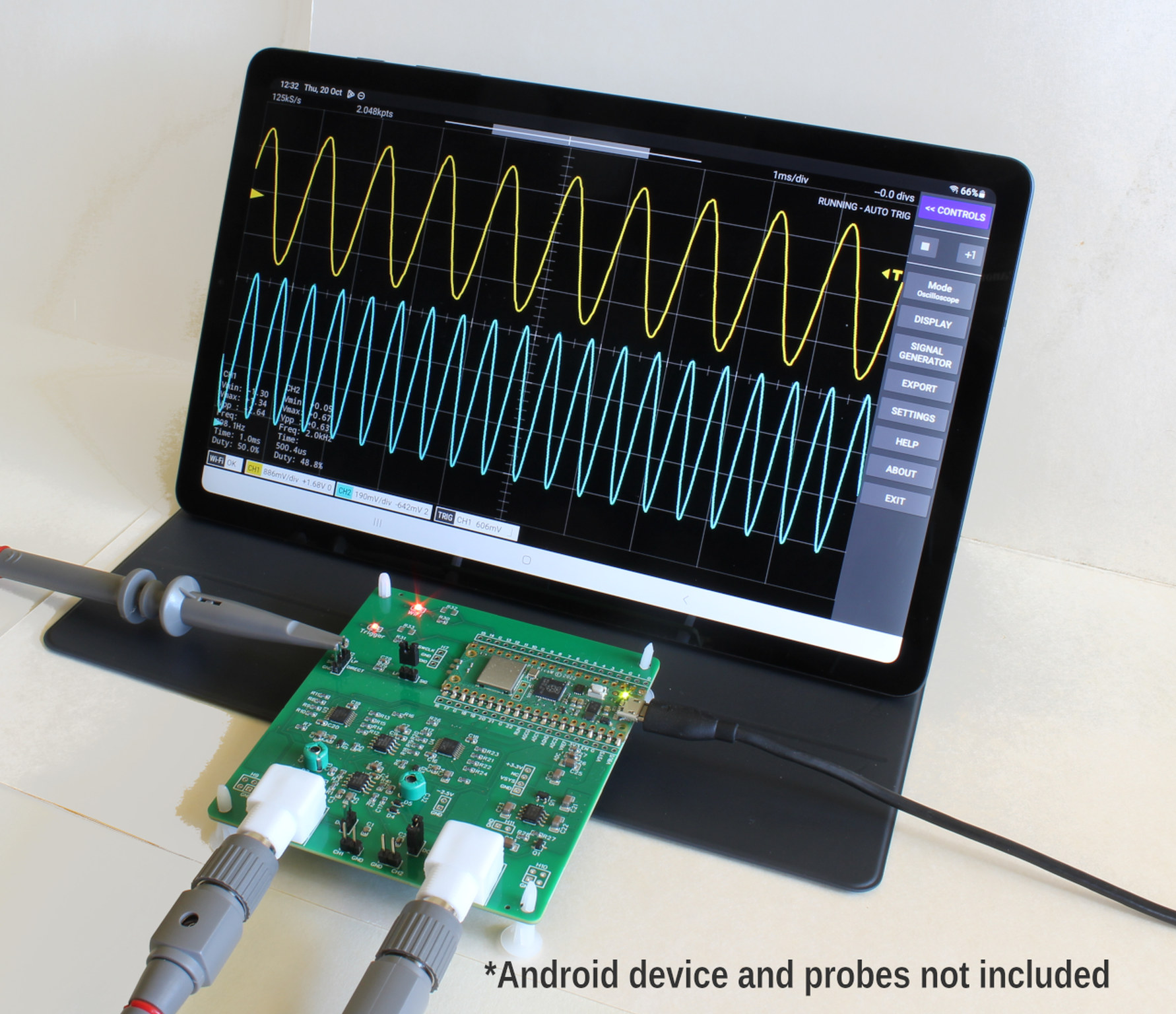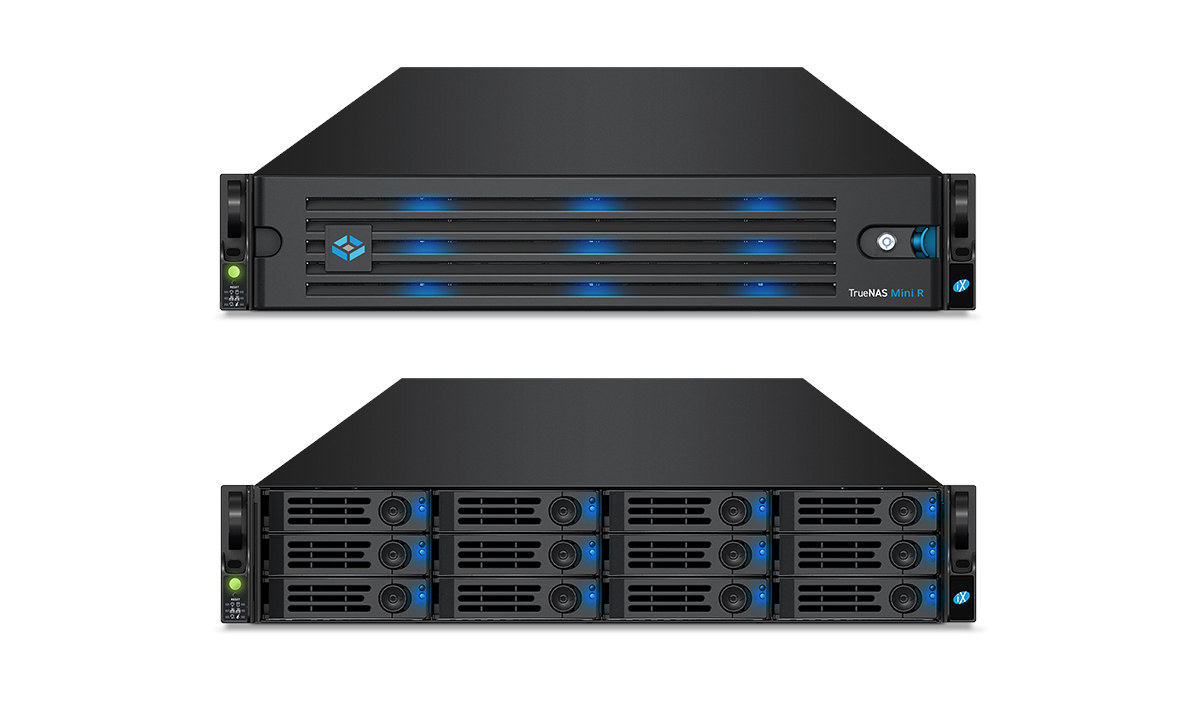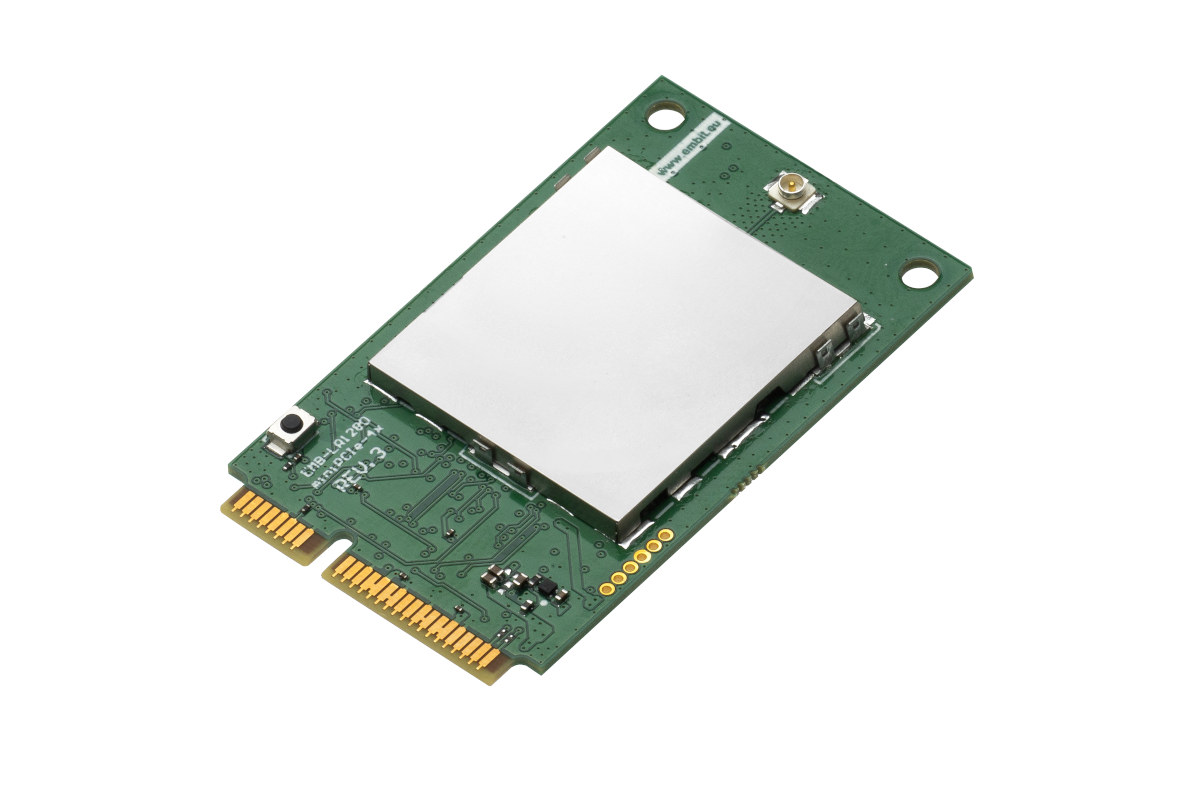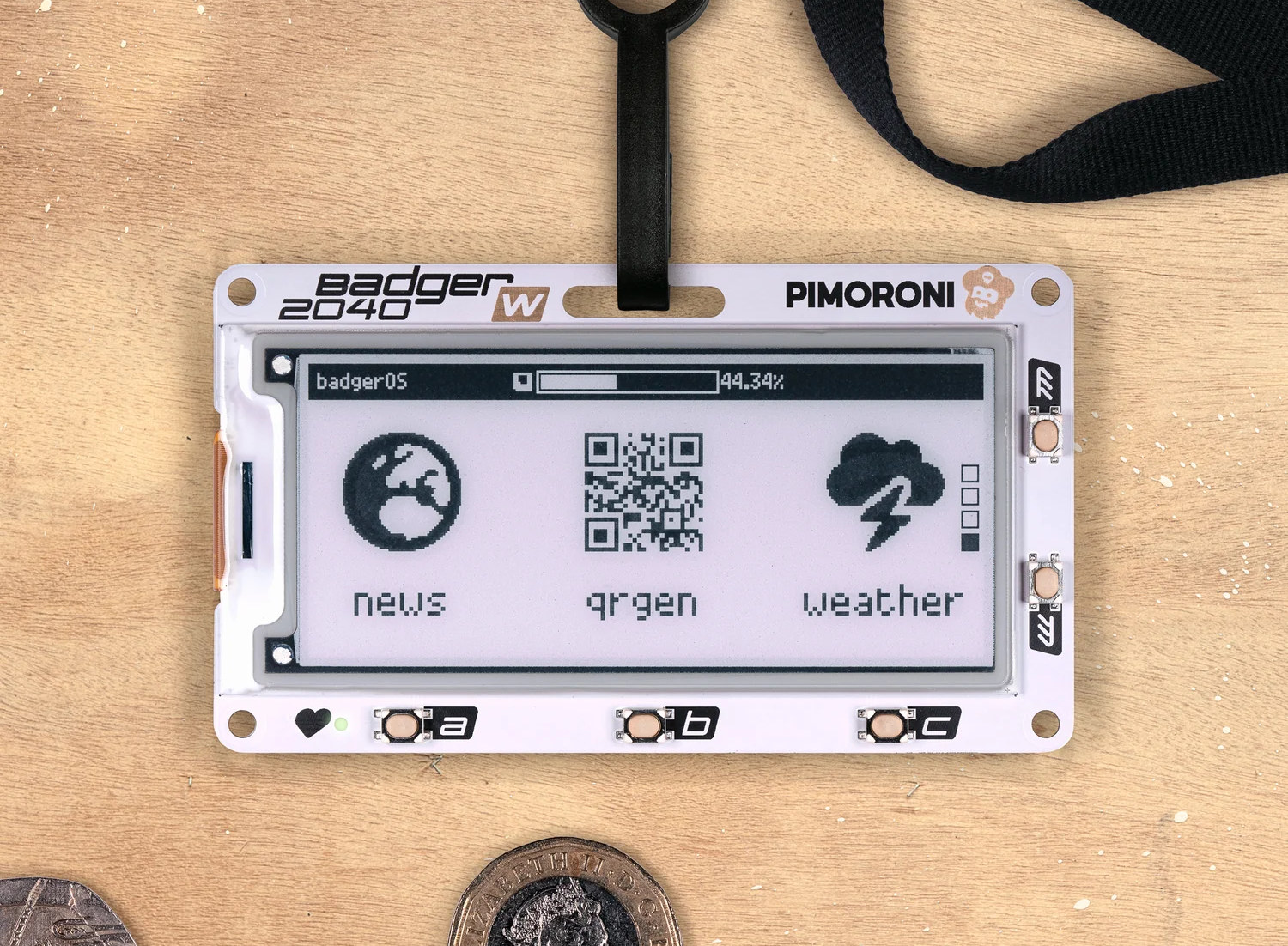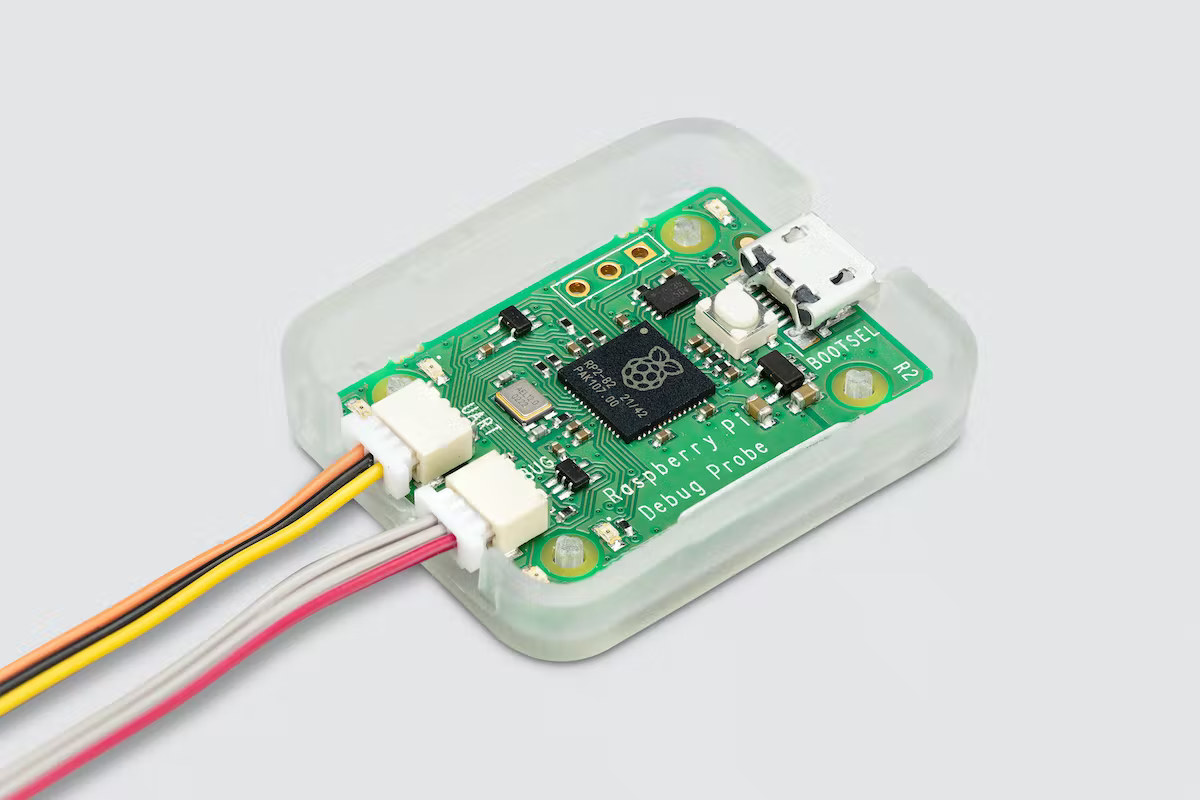Two of the most popular projects providing images for Arm and RISC-V single board computers have released new updates with Armbian 23.02 adding Linux 6.1-based Debian and Ubuntu images, and DietPi 8.14 adding experimental RISC-V support for the StarFive VisionFive 2 SBC and new Arm boards. Armbian 23.02 Quoll Linux 6.1 is the latest LTS kernel, so Armbian is now providing Ubuntu 22.04 Jammy and Debian 11 Bullseye images based on Linux 6.1.y for boards that support it, as well as the first development images based on Debian 12 Bookworm and Ubuntu 23.04 Lunar. I could not find any new boards added in the changelog, but the release brings several improvements and bug fixes to some of the already supported SBCs including the Raspberry Pi 3, Orange Pi R1 Plus LTS, ROCK Pi S, ROCK Pi 4, NanoPi R2S, NanoPi NEO3, and Banana Pi BPI-M2 Pro. The announcement also highlights […]
ZBMINI Extreme Zigbee smart switch review with Home Assistant
SONOFF has rolled out smart switches in the market for years, and for each iteration, they make their devices smaller and more capable. The latest ZBMINI Extreme Zigbee Smart Switch or ZBMINIL2 or ZBMINI Extreme for shorts is what we will review today. Take note that there are both Zigbee and Wifi versions that come with the same form factor, we will walk through the Zigbee version first and we will review the WiFi version – SONOFF MINI Extreme (MINIR4) – later on. The ZBMINI Extreme is designed to work without a Neutral (N) line. Those who have difficulty wiring the N line to the switch will definitely love this. In many locations, the Neutral (N) line is not wired and would require a lot of work and expenses for cabling. SONOFF ZBMINI Extreme eases that challenge since there’s no need for the Neutral wire at all. This review will […]
2-channel DSO-500K WiFi oscilloscope is based on Raspberry Pi Pico W board
FHDM TECH DSO-500K is a 2-channel 500kS/s WiFi oscilloscope based on Raspberry Pi Pico W board that can also work over USB, and offers an analog bandwidth of up to 150kHz. We previously had seen the Raspberry Pi Pico board used as a logic analyzer, so it should come as no surprise that somebody has also come up with a Raspberry Pi Pico W-based oscilloscope that enabled visualization on Android over WiFi or USB. DSO-500K specifications and features (through the Scoppy app): MCU board – Raspberry Pi Pico W board with RP2040 dual-core Cortex-M0+ microcontroller, 2MB SPI flash, WiFi 4 and Bluetooth connectivity Sample rate – Up to 500kS/s sample rate (250kS/s with both channels enabled) Analog bandwidth – 150kHz Record length – 2048 samples per channel in RUN mode, 100kS total for single shot captures Inputs – BNC connectors or 0.1-inch headers Input Impedance – 1MΩ / 22pF Input […]
TrueNAS Mini R rack-mountable system supports TrueNAS CORE or Debian-based TrueNAS SCALE
iXsystems’ TrueNAS Mini R rack-mountable system powered by an Intel Atom C3758 processor running TrueNAS CORE or the new TrueNAS SCALE and equipped with up to 64GB RAM and twelve lockable and hot-swappable 3.5-inch drive bays for more than 200TB of capacity when populated with 18TB drives and 2.5-inch SSD adapters can be provided as well. The TrueNAS Mini R also offers two 10GbE RJ45 interfaces and an optional dual 10GbE SFP+ card can also be added to the system., an IPMI out-of-band management interface, and the company says it’s mostly suitable for small and home offices, as well as enterprise deployments for remote sites, backup, labs, and non-critical departmental applications. TrueNAS Mini specifications: SoC – Intel Atom C3758 octa-core Denverton processor clocked at up to @ 2.2 GHz with 16MB cache; 25W TDP System Memory – 32 or 64GB ECC RAM Storage 12 x 3.5-inch hot-swappable bays (can […]
Embit EMB-LR1280-mPCIe-4x is a 2.4GHz LoRa mPCIe module based on Semtech SX1280 chipset
Embit EMB-LR1280-mPCIe-4x is an mPCIe (mini PCIe) module based on four Semtech SX1280 2.4 GHz LoRa transceivers and designed for OEM gateways that can work worldwide thanks to the use of the 2.4GHz ISM band and supports ranging. We first covered 2.4GHz LoRa and the SX1280 transceiver two years ago as a solution to design region-independent products specially suited to maritime and intercontinental logistics applications. We haven’t seen it used that much although we covered an ESP32 board with SX1280 last year, and it turns out that Italian company Embit has also made a mPCIe module based on the SX1280 chipset. Embit EMB-LR1280-mPCIe-4x specifications: LoRa connectivity Chipsets – 4x Semtech SX1280 transceiver with 3x LoRa Rx Channels + 1x LoRa Tx Modulation – LoRa Spread Spectrum Frequency – 2.4 GHz ISM band Frequency Range – 2400 to 2500 MHz RF Output power – Up to +12 dBm Sensitivity -129 dBm […]
Badger 2040 W e-Paper display gets WiFi & Bluetooth with Raspberry Pi Pico W
Pimoroni Badger 2040 W wireless programmable e-Paper badge comes with a 2.9-inch black & white E-Ink display and a Raspberry Pi Pico W board for WiFi (and Bluetooth) connectivity. It is an update to the Pimoroni Badger 2040 with the exact same display, but instead of using a Raspberry Pi RP2040 microcontroller, Pimoroni fitted a Raspberry Pi Pico W on the back of the board, probably to avoid going through FCC and CE certifications. Badger 2040 W specifications: MCU board – Raspberry Pi Pico W board with: Raspberry Pi RP2040 dual-core Arm Cortex M0+ running at up to 133Mhz with 264kB of SRAM Storage – 2MB QSPI flash Wireless – 802.11b/g/n WiFi 4 and Bluetooth Classic+LE with ABRACON onboard antenna (Infineon CYW43439 connected over SPI) Display – 2.9-inch B&W E-Ink display with 296 x 128 pixels resolution, ultrawide viewing angles, ultra-low power consumption; Dot pitch – 0.227 x 0.226 mm […]
Auspicious Machine modular handheld Linux PC with keyboard takes various Arm-based SoMs
The “Auspicious Machine” may look like a Blackberry phone, but it’s actually a handheld Linux PC with a built-in QWERTY keyboard and a 3.5-inch display that can be powered by a range of system-on-modules (SoM). The computer, whose name can also be translated as the “Auspicious Phone”, can be used as a Linux terminal with GPIO control, and for gaming with Linux distributions such as Batotera or RetroBat with the D-Pad and ABXY buttons found on the device. Auspicious Machine specifications: Supported SoMs Bigtreetech CB1 with Allwinner H616 quad-core Cortex-A53 processor and 1GB DDR4 Raspberry Pi CM4 with Broadcom BCM2711 quad-core Cortex-A72 processor, up to 8GB LPDDR4, up to 32GB eMMC flash Radxa CM3 with Rockchip RK3566 quad-core Cortex-A55 processor, up to 4GB LPDDR4, up to 64GB eMMC flash Banana Pi BPI-CM4 with Amlogic A311D octa-core Cortex-A73/A55 processor with 4GB LPDDR4 and 16GB eMMC flash Storage – MicroSD card socket […]
Raspberry Pi Debug Probe eases bare metal development for $12
The Raspberry Pi Debug Probe is a USB serial adapter based on the Raspberry Pi RP2040 microcontroller and designed to debug the Raspberry Pi Pico, third-party RP2040 boards, and pretty much any Arm board through SWD and/or UART interfaces. The main advantage over a typical USB-to-serial adapter is the presence of a Serial Wire Debug (SWD) bridge used for bare metal code development and debugging through tools such as OpenOCD. The Raspberry Pi Debug Probe specifications: MCU – Raspberry Pi RP2040 dual-core Cortex-M0+ microcontroller @ 133 MHz with 264KB SRAM Storage – 2MB SPI flash (W25Q16JVUXIQ) Debug interfaces 3.3V Serial Wire Debug (SWD) 3-pin JST connector conforming to the Raspberry Pi Debug Connector Specification and compatible with the CMSIS-DAP standard 3.3V serial (UART) 3-pin JST connector USB – Micro USB port to connect to the host Misc BOOTSEL button for flashing firmware to the debug board Unpopulated 3-pin header with […]


